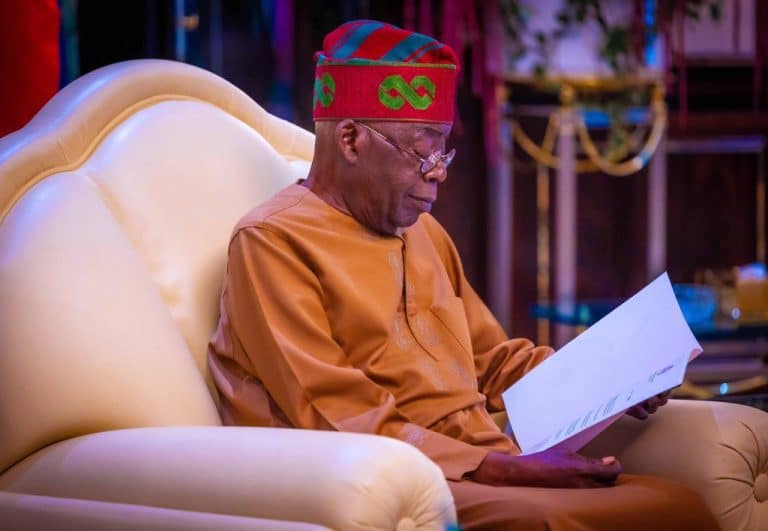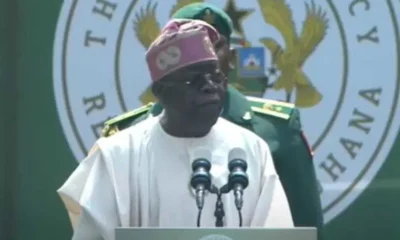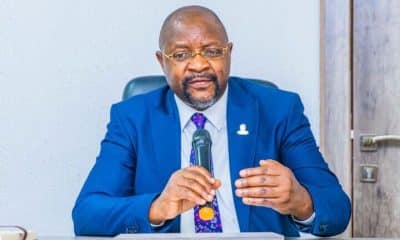Nigeria News
Tinubu Government Borrowed $6.45 Billion From World Bank In 16 Months

The Federal Government of Nigeria, under President Bola Tinubu, has successfully secured loans totalling $6.45 billion from the World Bank within just 16 months.
This figure was bolstered by the recent approval of three additional loans amounting to $1.57 billion for various developmental projects across the country.
The recent approvals bring the total loan requests from the World Bank to 36, amounting to a staggering $24.088 billion over five years.
These loans are aimed at financing critical infrastructure and social projects in Nigeria, amidst rising concerns about the country’s increasing debt profile and its long-term economic implications.
Among the significant projects receiving funding are a $750 million loan for the power sector, $500 million for women empowerment initiatives, $700 million for girl’s education, and $750 million dedicated to renewable energy projects.
The government also aims to implement economic stabilization reforms with a $1.5 billion loan and resource mobilization reforms totaling $750 million.
Despite the government’s efforts, many Nigerians express skepticism and frustration regarding the continuous borrowing, as long-standing infrastructure decay and rising unemployment have led to widespread discontent.
While some acknowledge the necessity for financial resources given the nation’s large population, there is a prevailing belief that past loans have not yielded justified results.
An analysis of World Bank data shows that Nigeria has received annual credit approval from the international lender since 2020.
In that year, the World Bank approved 15 loan requests worth $6.36 billion, including funds for projects like the Nigeria Rural Access and Agricultural Marketing Project and the Nigeria Digital Identification for Development project.
In subsequent years, the borrowing trend continued, with the nation securing $3.2 billion in 2021, followed by $1.26 billion in 2022, and $2.7 billion in 2023 for various projects.
The current year, 2024, is projected to see further borrowing, with an expected total of $3.75 billion in loans so far.
The World Bank has emphasized that the approved financing will focus on enhancing human capital, particularly for women, children, and adolescents, while also addressing the impacts of climate change.
Projects aimed at improving healthcare, education, and infrastructure are included in this financing plan.
However, concerns regarding Nigeria’s rising debt continue to mount. According to the Debt Management Office, Nigeria owes the World Bank a total of $15.59 billion as of March 31, 2024.
The country’s debt servicing expenses have surged, reaching ₦6.04 trillion in the first half of 2024, a 68.8% increase from ₦3.58 trillion in the same period in 2023.












